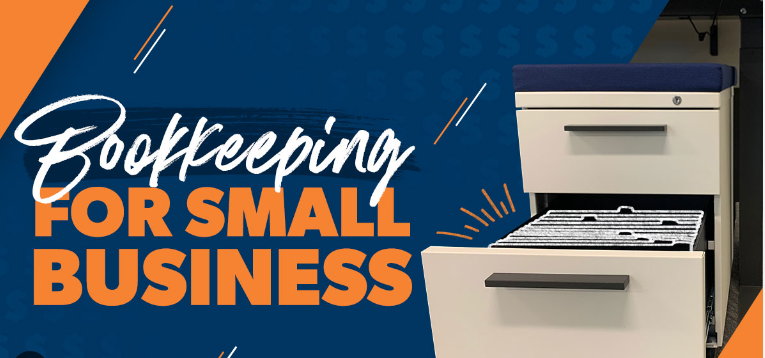Nigeria, blessed with abundant natural resources, agricultural products, and a large youthful population, holds immense potential for exportation. The global demand for Nigerian products like cocoa, ginger, sesame seeds, charcoal, and solid minerals continues to grow. This makes exportation a profitable and scalable venture—if done right.
If you’re looking to tap into the lucrative world of export business in Nigeria, this guide provides a step-by-step approach to starting and succeeding. Whether you’re an entrepreneur or a small business owner, it’s time to think beyond the local market.
✅ Start your exportation business with professional invoicing — Sign up for FREE on ProInvoice to streamline your transactions and billing.
1. Why Choose Exportation in Nigeria?
The Nigerian exportation sector is booming. Some of the reasons include:
- High global demand for Nigerian products
- Favorable trade policies supporting non-oil exports
- Government incentives through agencies like NEPC
- Access to international markets via digital platforms
2. What Can You Export From Nigeria?
Here are some popular and legal export items from Nigeria:
a. Agricultural Products
- Cocoa
- Sesame seeds
- Ginger
- Cashew nuts
- Hibiscus flowers
b. Solid Minerals
- Zinc ore
- Manganese
- Tin
- Lead
c. Manufactured Goods
- Leather products
- Clothing and textiles
- Cosmetics
- Packaged foods
3. Key Steps to Start an Exportation Business in Nigeria
Step 1: Register Your Business
To trade legally, register your business name with the Corporate Affairs Commission (CAC). This adds credibility and is required for many export documents.
Step 2: Register with the Nigerian Export Promotion Council (NEPC)
Visit NEPC.gov.ng to register. You’ll receive an export license which is essential for formal export operations.
Step 3: Choose the Right Product
Select products with high demand and profit margins. Do market research, validate demand in international markets, and consider logistics and preservation methods.
Step 4: Source Reliable Suppliers
Build relationships with local farmers or manufacturers. Quality consistency is vital in export.
Step 5: Understand Export Regulations
Be familiar with:
- Pre-shipment inspection
- Export documentation
- Destination country’s import policies
Step 6: Secure Buyers
Find foreign buyers via:
- Trade fairs
- LinkedIn and Alibaba
- International B2B platforms
- Export trade missions
4. Important Export Documentation
You’ll typically need the following documents:
- NEPC export license
- Commercial invoice
- Packing list
- Bill of lading
- Certificate of origin
- Phytosanitary certificate (for agricultural goods)
- SONCAP (for regulated manufactured goods)
💡 Create compliant and professional invoices for international buyers using the ProInvoice Professional Invoice Template.
5. How to Find International Buyers
Here are some methods:
a. Export Platforms
- Alibaba
- Tradekey
- ExportHub
b. LinkedIn Outreach
Optimize your LinkedIn profile to attract foreign buyers. Join trade-related groups.
c. NEPC & Trade Missions
NEPC provides lists of verified buyers and organizes trade shows.
6. Payment Methods in Exportation
You can get paid through:
- Letters of Credit (LC)
- Bills for Collection
- Direct Bank Transfer
- PayPal or Escrow (for small shipments)
🔐 Always request a 50% upfront payment, especially when dealing with new clients.
7. Challenges of the Exportation Business
Despite its opportunities, exportation comes with challenges:
- Fluctuating exchange rates
- Export bans on some items
- Logistics and port congestion
- Scams and fake buyers
✅ Mitigate these risks by verifying buyers and using ProInvoice’s free invoice generator for Nigerian businesses to track all payment and transaction details.
8. Pro Tips to Succeed in Exportation
- Start with small shipments and scale gradually.
- Use a customs agent for documentation and clearance.
- Focus on quality and packaging.
- Build trust through clear communication and timely delivery.
- Use a free invoice creator tool like ProInvoice to maintain proper transaction records and professionalism.
9. Why You Need ProInvoice as an Exporter
Running an export business requires accurate documentation, professional communication, and organized finances. With ProInvoice, you can:
- Create and send professional invoices for international clients
- Use free invoice templates tailored for Nigerian exporters
- Track payments and send reminders
- Maintain clean records for audits or visa applications
Try these tools:
- Free Invoice Generator
- Free Online Invoice Tool
- Export-Ready Invoice Templates
- Download Invoice PDFs
📌 Sign up on ProInvoice now for FREE — no card required.
Conclusion
The exportation business in Nigeria is full of untapped potential. With the right approach, clear documentation, and trusted tools, you can build a profitable export venture. Stay informed, focus on quality, and ensure professionalism every step of the way.
🚀 Ready to take your export business to the next level?
Sign up for free on ProInvoice to start sending invoices and tracking payments like a pro!













